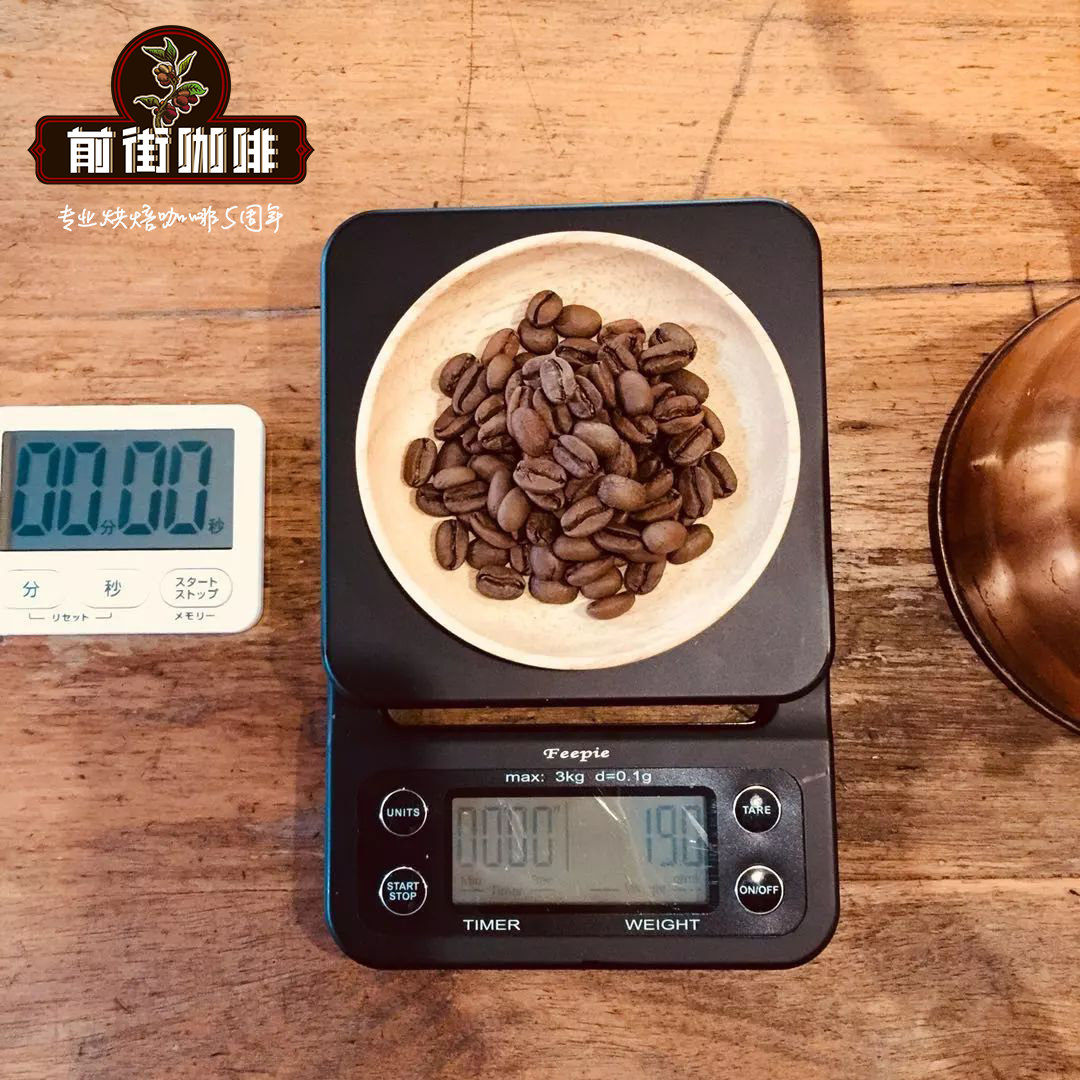What is organic coffee? what are the criteria for defining organic coffee? is organic coffee healthier and better to drink?

Professional coffee knowledge exchange more coffee bean information please follow the coffee workshop (Wechat official account cafe_style)
The definition of organic coffee:
1. Sustainable utilization of environment
Use natural planting methods to maintain biodiversity, do not overdo deforestation to protect animal habitats, try to avoid burning organic matter to clean up land, take relevant measures to avoid soil erosion, prohibit excessive consumption of water resources, and so on.
two。 Reduce the risk of chemical / toxic residues in vivo
Organic is not equal to health, but it strictly controls the use of chemical drugs from growth to harvest, so compared with non-organic food, it can reduce the probability of chemical drugs remaining in the human body and alleviate the impact of toxic chemicals on human health.
3. Physical / biological fertilizers, pesticides
Organic does not use pesticides, but replaces chemistry with physical and biological fertilizers and pesticides. Organic concepts avoid [chemistry] rather than drugs.
4. Inspection and supervision by a third-party certification body
Pesticides can be called organic without the use of chemical fertilizers. It can only be called organic if it is tested regularly and irregularly by a third-party certification body for water quality, soil, environment, medication, etc.
Certified coffee: that is, coffee certified by a credible unit, the common ones are organic certification and fair trade coffee.
Organic coffee: coffee produced by organic farming, whether certified or not. It should be noted that some farmers who take the certification approach sell coffee during the three-year organic transition period, which is not organic coffee in terms of certification.
Boutique coffee: according to the definition first put forward by Ms. Erna Knutsen: "the special climate and geographical conditions produce coffee beans with unique aroma (Special geographic microclimates produce beans with unique flavor profiles). "
Are "organic" and "certification" really tenable? Consumers usually only care about "authentication" rather than quality when buying certified coffee. Certification has become a way to market organic agricultural products. Therefore, it has an impact on the boutique coffee industry, that is, the quality-oriented coffee industry. Because as long as you wear organic certified coffee, the price per pound is 10 cents higher than the market price (about 454 grams of raw coffee beans are 3.14 Taiwan dollars higher than the market price). And the so-called certification does not guarantee its flavor, because certification only "meets certain standards".
In addition, the author puts forward three difficulties in organic coffee farming.
Get certified. Because the organic transition period is at least three years, they also have to pay for certification and examination, which is a burden for farmers to get into financial crisis.
Another problem is that farmers' mistrust and gains caused by misuse of certification cannot support organic production models.
Finally, there is a lack of knowledge. In most coffee-producing countries, organic work research, promotion and education are far less than traditional commercial farming, and farmers who do not have access to organic coffee can only choose commercial farming. In addition, most studies on organic farming are focused on temperate climates, which are not feasible in tropical climates where coffee is grown.
Since certification has these problems, but I also want to drink good coffee, what should we consumers do?
What consumers can do is ask more questions and think for a few minutes before buying ──. We have the right to know what we are drinking and to ask for more information to solve the information inequality. Today's high-quality coffee has sufficient information about the name, producing area, secondary producing area, treatment method, variety, producer or cooperative, harvest time, bean baker and flavor description of these beans. We have to think about this: do we just want "certification" or more? If you can't provide enough information for consumers, why are these coffee beans worthy of "certification"? Or is this certification credible?
As far as operators are concerned, on the other hand, their practitioners are also consumers, but they must consider many factors of cost and income. If they can consider another way when selecting or importing raw beans, such as selecting high-quality raw beans and conveying their ideas to consumers, it can also create a win-win situation. At present, many operators adopt the method of "direct trade and technical support," that is, working with farmers from the producing areas to produce better quality coffee raw beans year by year, on the one hand, they can reduce unfair exploitation in the middle, on the other hand, they also get high quality coffee raw beans.
Important Notice :
前街咖啡 FrontStreet Coffee has moved to new addredd:
FrontStreet Coffee Address: 315,Donghua East Road,GuangZhou
Tel:020 38364473
- Prev

What's the flavor of cold coffee? what's the taste? how to make a good cup of cold?
Professional coffee knowledge exchange more coffee bean information please follow the coffee workshop (Wechat official account cafe_style) if you are a person who has drunk cold coffee, then you must linger in that unique smooth taste and purity. Many people will distinguish cold extracted coffee from iced coffee because we understand that iced coffee is extracted with hot water and then added.
- Next

How about organic coffee? taste and flavor characteristics of coffee beans in El Salvador Montana Organic Manor.
Professional coffee knowledge exchange more coffee bean information please follow the coffee workshop (Wechat official account cafe_style) facing the sun, away from the darkness. Derived from the purest positive energy in the rainforest, Xiangri Organic Coffee Manor beans really comply with organic regulations from planting to production process Montana Organic Manor | Organic Shade Grown Montaa EU Organic Certified Manor | Rainforest Alliance Certification |
Related
- Beginners will see the "Coffee pull flower" guide!
- What is the difference between ice blog purified milk and ordinary milk coffee?
- Why is the Philippines the largest producer of crops in Liberia?
- For coffee extraction, should the fine powder be retained?
- How does extracted espresso fill pressed powder? How much strength does it take to press the powder?
- How to make jasmine cold extract coffee? Is the jasmine + latte good?
- Will this little toy really make the coffee taste better? How does Lily Drip affect coffee extraction?
- Will the action of slapping the filter cup also affect coffee extraction?
- What's the difference between powder-to-water ratio and powder-to-liquid ratio?
- What is the Ethiopian local species? What does it have to do with Heirloom native species?

